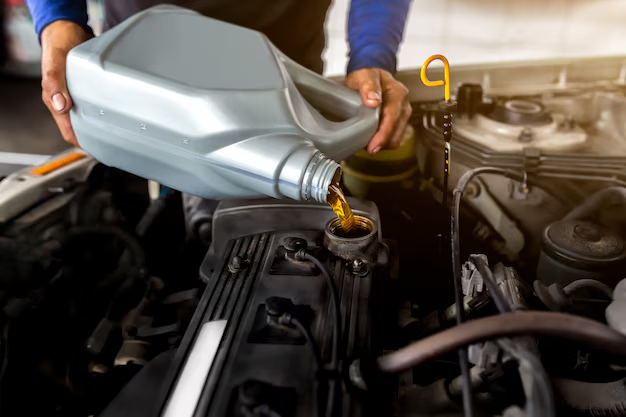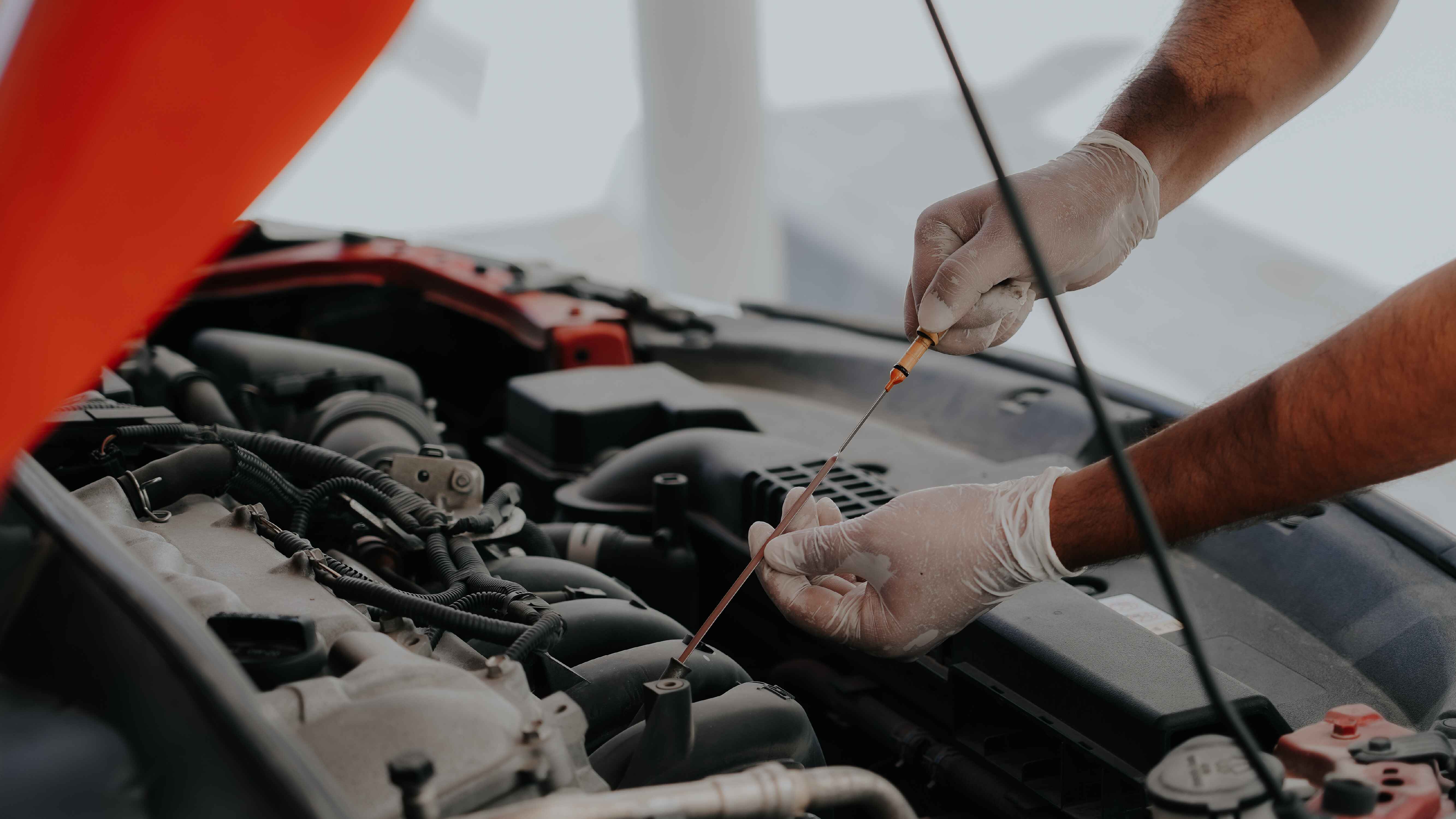In today’s world of high consumer demand in the automotive industry, performance, protection, and reliability are vital to engine owners. One of the most stressful conditions that engines endure is the “cold start,; a moment when metal can meet metal in an engine before oil can fully circulate. Knowing how synthetic engine oil protects engines during the cold start is essential for automotive engineers and designers. As engine technologies continue to advance, with manufacturers replacing mechanical components with electronics and
Ever wondered what separates premium vehicle lubrication products from their standard counterparts? The difference isn’t visible to the naked eye—both may look the same—but it lies in their internal composition and performance under pressure.The two main ingredients of long-lasting engine oil are base oil and additives. Although these components are included in most engine oils, there are considerable differences in their quality and ratios. High-end synthetic lubricants are made using complex procedures that yield precisely crafted molecules that meet
A few components, such as high-quality engine oil, are vital when maximizing engine performance and ensuring long-term reliability. Its journey—from raw crude oil to refined lubricant and finally through reprocessing—reflects the fusion of science, sustainability, and performance engineering. In this post, we’ll explore the complete lifecycle of high-performance engine oil, its technology, and how Pro-Lube’s commitment to premium vehicle lubrication products sets the standard for efficiency and environmental responsibility.From Crude to Clean: The Story of High Performance Engine OilThe
Modern engines face greater demands than ever before. With more compact designs, higher operating temperatures, and increasingly complex systems, your engine needs more than basic protection. High-performance engine oil isn’t just an upgrade—it’s becoming necessary to keep today’s sophisticated engines running at their best.Unlike conventional lubricants, these engine oils are specifically engineered to withstand extreme conditions while providing superior protection. These advanced formulations offer benefits beyond standard oils, particularly for newer vehicle models with precision-built components.Why Today’s Engines Demand
When you buy engine oil, you’re not just purchasing an oil range product; you’re investing in the life of your vehicle and productivity, not to mention performance! It’s important to point out that no oil can deliver on its design performance attributes when misapplied. Unfortunately, it’s too common for drivers, owners, fleet operators, and mechanics to unintentionally mitigate the benefits of high-performance oil with mistakes that can easily be avoided. This blog will discuss the pitfalls to avoid when using
In today’s fast-paced automotive world, engine performance and reliability are non-negotiable. Whether you’re driving in city traffic, cruising on highways, or pushing your vehicle in extreme environments, your engine needs the right protection. This is where Pro Lube’s high-performance engine oil comes into play — designed to meet the evolving needs of modern engines and keep them running at peak efficiency.What is High-Performance Engine Oil?High-performance engine oil is specially formulated to offer superior lubrication, heat resistance, and wear protection.
Selecting the right lubrication products is very important when considering your vehicle’s welfare. Engine oils and transmission fluids are two types of vehicle lubrication products that let moving parts move properly and protect them from the effects of wear and tear, prolonging the life of your vehicle’s mechanical parts. With vehicle lubrication material being so critical, many myths surround its application, use, and effectiveness.At Pro-Lube, we acknowledge the importance of educating our customers so they can make informed decisions.
Choosing the best transmission oil is essential in automobile maintenance for seamless gear changes, extended transmission life, and improved overall vehicle performance. Pro-Lube, a renowned name in the lubricant industry, offers a range of high-quality transmission oils designed to meet the diverse needs of modern vehicles.Understanding Transmission Oil and Its ImportanceTransmission oil, sometimes called transmission fluid, lubricates the moving parts of a vehicle’s transmission system. It plays a crucial role in:Transmission oil, sometimes called transmission fluid, lubricates the moving
As cars age, the maintenance you do (or don’t do) will change. Using the appropriate engine oil for older vehicles is crucial because you want to maintain an older engine, keep working, and have it last. Like anything, parts have related wear. Whether a farm tractor, motorcycle, or car, older model engines and their components often require a different focus to keep operating smoothly as wear sets in.The following guide details some of the minimum key considerations for maintaining your
When it comes to maintaining your vehicle’s engine, choosing the right High-Performance Engine Oil and Automotive Lubricants is critical for longevity, efficiency, and peak performance. Whether you drive a high-performance sports car, a heavy-duty truck, or a daily commuter, understanding the role of Engine Oil and other lubricants can save you from costly repairs and ensure smooth operation. Why High-Performance Engine Oil Matters High-Performance Engine Oil is specifically engineered to handle extreme conditions, such as high temperatures, heavy loads, and rapid



